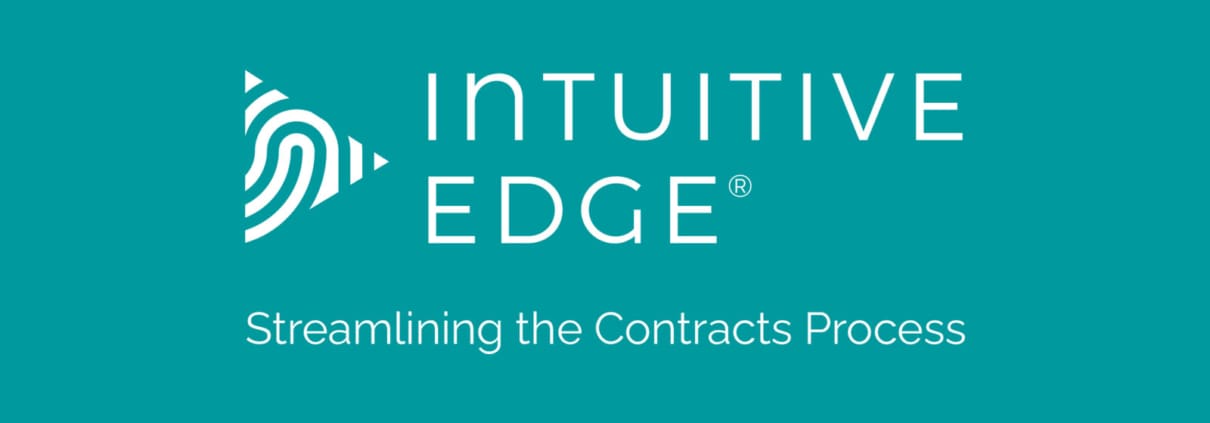Harmonizing Commitments: Centralizing Customer and Procurement Contracts with a Focus on Flow-Down Terms
In the intricate tapestry of business contracts, there’s a unique dance between customer requirements and supplier commitments. This dance becomes smoother and more synchronized when both customer and procurement contracts are managed under one centralized system, especially when customer requirements necessitate the flow-down of terms to suppliers. Let’s delve into the power of centralized management in such scenarios.
1. Crystal Clear Visibility
Centralizing contracts offers a transparent view of commitments made to customers and the corresponding obligations to suppliers. This clarity is invaluable, ensuring that the terms agreed upon with customers are seamlessly reflected in the contracts with suppliers.
2. Ensuring Compliance and Reducing Risks
Flow-down terms, by their nature, are often non-negotiable and critical for compliance. Centralized management ensures that these customer-driven requirements are consistently met in supplier contracts, minimizing potential legal or operational risks.
3. Streamlined Communication
With a unified system, communication between procurement and sales teams becomes more fluid. As customer requirements change or evolve, these can be instantly relayed to suppliers, ensuring that the entire value chain remains aligned.
4. Efficient Response to Market Dynamics
When customer requirements shift due to market changes, businesses need to adapt quickly. Centralized contract management allows for rapid adjustments in supplier contracts, ensuring businesses remain agile and responsive.
5. Cost Savings
Mismatched terms between customer and procurement contracts can result in unexpected costs. By ensuring alignment through centralized management, businesses can avoid these unforeseen expenses and better manage their financial commitments.
6. Enhancing Customer Trust
Customers trust businesses to fulfill specific requirements, especially when they are contractually agreed upon. A centralized system, by ensuring that these terms are effectively flowed down to suppliers, builds and solidifies this trust.
7. Simplified Audits and Reviews
Centralized contract management facilitates easier audits. With flow-down terms, auditors can quickly verify compliance across the value chain, from customer requirements to supplier deliverables.
8. Innovation and Value Addition
Understanding the nuances of customer requirements and ensuring they are met by suppliers can lead to innovative solutions. A centralized system can spotlight areas where value can be added, fostering better products or services.
Conclusion
In an ideal business scenario, the synchronization of customer and supplier commitments is not just a boon but a necessity. Centralized contract management, especially focused on the flow-down of terms, not only ensures operational excellence but also builds a foundation of trust and compliance. This alignment results in a business environment where commitments are not just met, but exceeded, leading to long-term growth and sustainable success.






Leave a Reply
Want to join the discussion?Feel free to contribute!